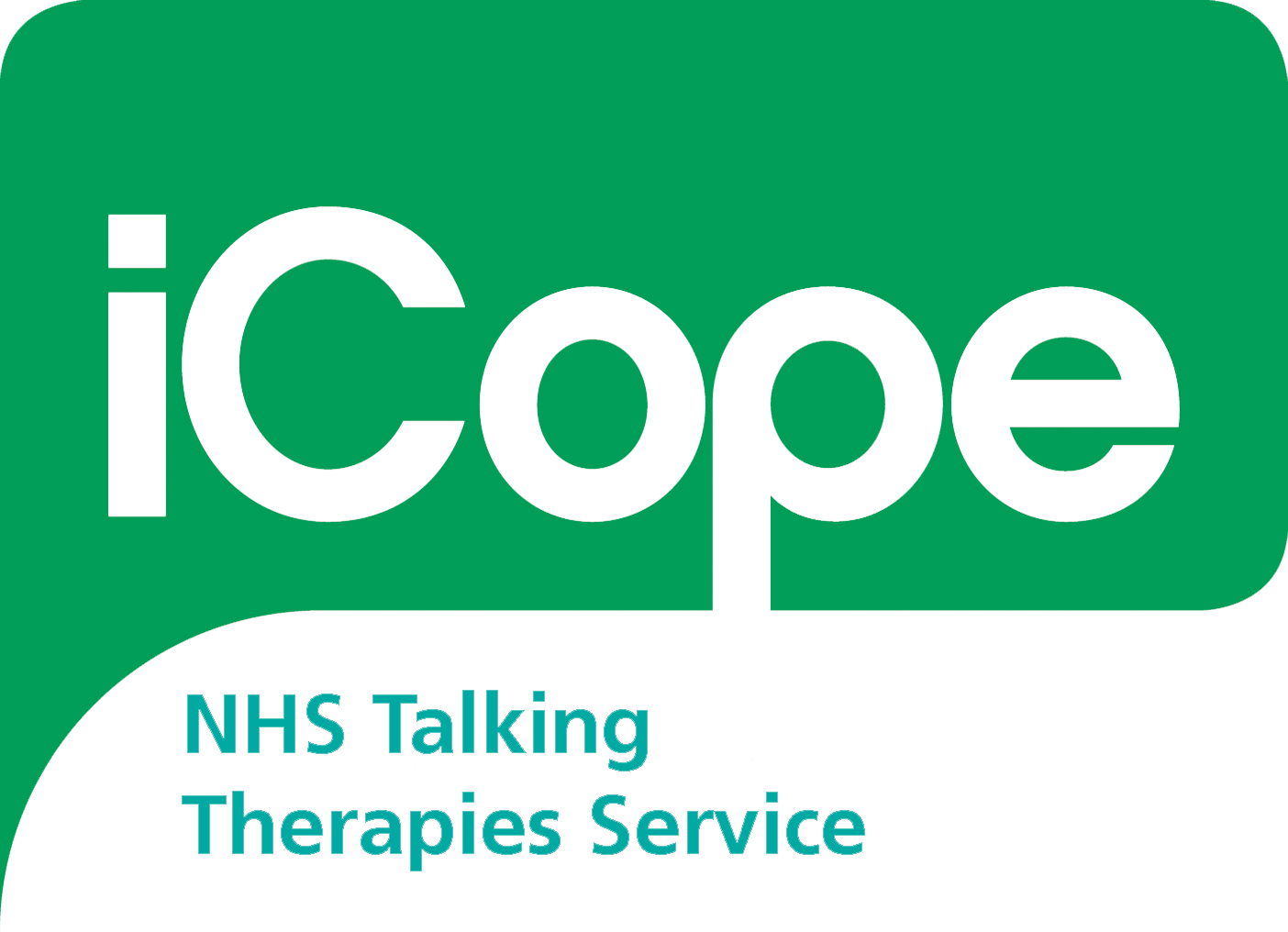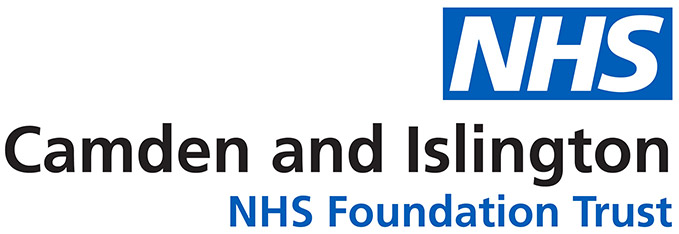Support for victims
Government advice about domestic abuse in the context of the Covid pandemic – Find out how to get help if you or someone you know is a victim of domestic abuse. Information can be found here on what domestic abuse is and signs to look out for.
24-hour National Domestic Abuse Helpline: 0808 2000 247
Refuge – supports women and children who experience all forms of violence and abuse, including domestic violence, sexual violence, female genital mutilation, forced marriage, so-called ‘honour’-based violence, and human trafficking and modern slavery. Refuge have written some safety tips for survivors here.
The ‘Bright Sky’ app by Hestia . This mobile app provides information about domestic abuse such as online safety, stalking, harassment and sexual consent.
Camden Safety Net provides services to survivors of domestic abuse/sexual violence who live in Camden.
Phone: 0207 974 2526
Solace Women Aid are a London-based Domestic Abuse charity. They offer safe refuge, advice and accommodation
Advice line: 0808 802 5565
Solace Rape Crisis helpline: 0808 801 0305
Galop provide Hate Crime, Domestic Abuse and Sexual Violence support services to people from the LGBTQ+ community who are experiencing domestic abuse.
Phone: 0800 999 5428
Support for perpetrators
Respect Phoneline and Respect UK both work with perpetrators, male victims and young people who are using violence in their close relationships and want to make changes.




